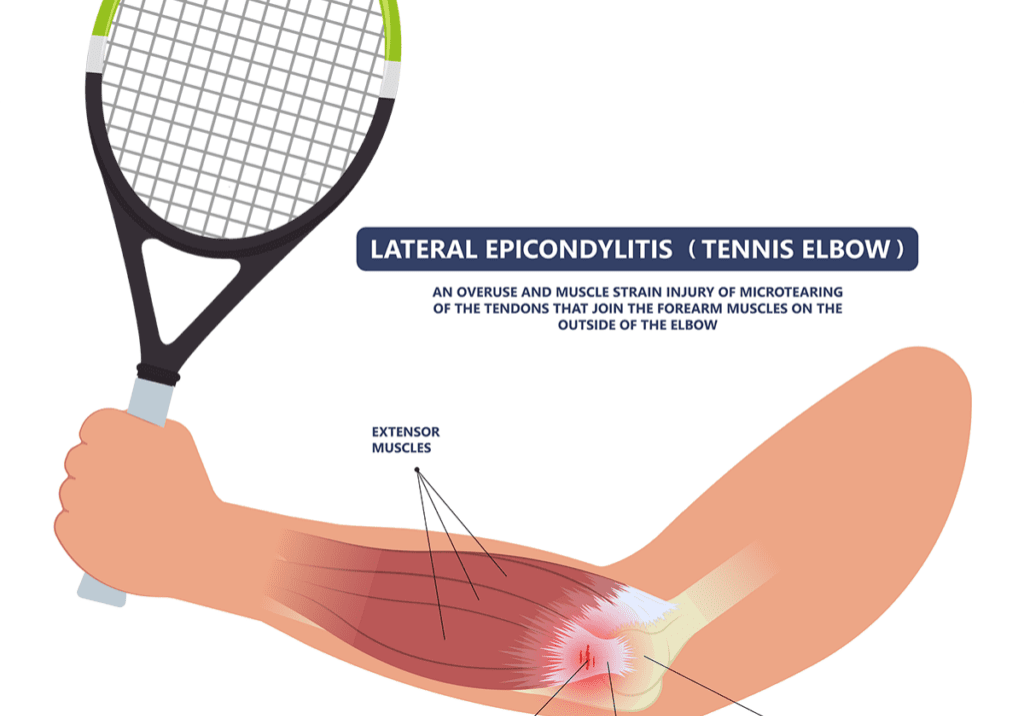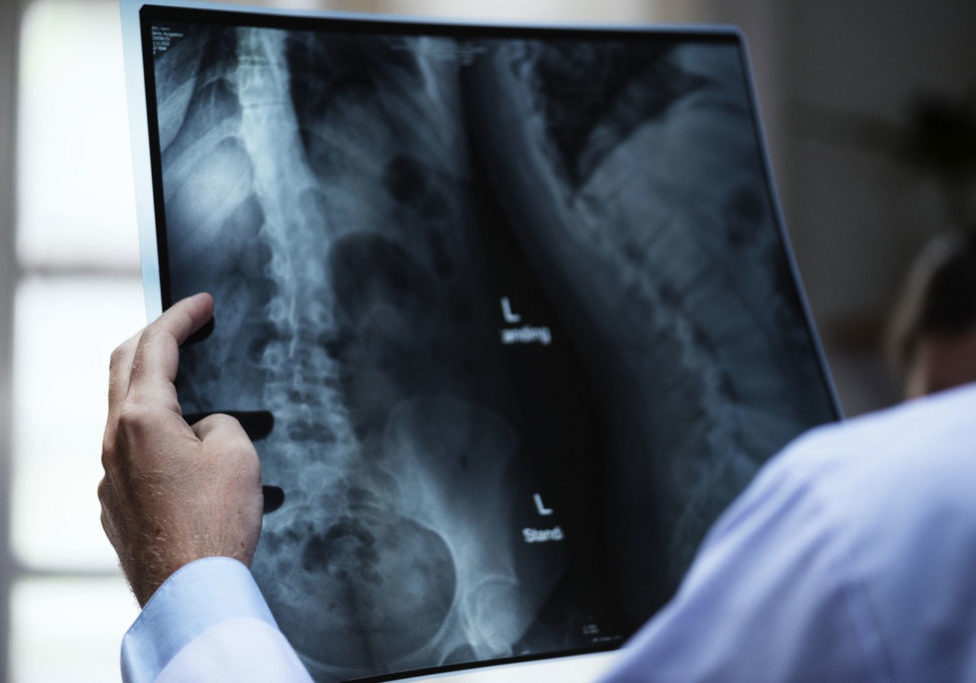Sports injuries are commonly caused by overuse, direct impact, or the application of force that is greater than the body part can structurally withstand. An injury that happens suddenly, such as a sprained ankle caused by an awkward footfall, is known as an acute injury.
Chronic injuries are caused by overusing the same muscle groups or joints. Poor technique and structural abnormalities can also contribute to the development of chronic injuries. Medical investigation of any sports injury is important, because you may be hurt more severely than you think. For example, what seems like an ankle sprain may actually be a bone fracture.
Common types of sports injuries
Some of the more common sports injuries include:
- Ankle sprain – symptoms include pain, swelling and stiffness.
- Bruises – a blow can cause small bleeds into the skin.
- Concussion – mild reversible brain injury from a blow to the head, which may be associated with loss of consciousness. Symptoms include headache, dizziness and short term memory loss.
- Cuts and abrasions – usually caused by falls. The knees and hands are particularly prone.
- Dehydration – losing too much fluid can lead to heat exhaustion and heat stroke.
- Dental damage – a blow to the jaw can crack, break or dislodge teeth.
- Groin strain – symptoms include pain and swelling.
- Hamstring strain – symptoms include pain, swelling and bruising.
- Knee joint injuries – symptoms include pain, swelling and stiffness. The ligaments, tendons or cartilage can be affected.
- Nose injuries – either blood nose or broken nose, caused by a direct blow.
- Stress fractures – particularly in the lower limbs. The impact of repeated jumping or running on hard surfaces eventually stresses and cracks the bone.
First aid for sprains, strains and joint injuries
Suggestions on immediate treatment for sprains, strains and joint injuries include:
- Stop the activity.
- Rest the injured area.
- For the first 24 to 48 hours, apply ice packs for 15 minutes every two hours.
- Bandage the injured area firmly, extending the wrapping above and below the injury.
- Whenever possible, elevate the injured area above the level of your heart.
- Avoid heat, alcohol or massage, which can exacerbate the swelling.
- Seek medical advice.
First aid for nose bleeds
Suggestions include:
- Stop the activity.
- Sit with the head leaning forward.
- Pinch the nostrils together and breathe through your mouth.
- Hold the nose for at least 10 minutes.
- If bleeding continues past 30 minutes, seek medical advice.
First aid for dislodged teeth
It may be possible to save the tooth with prompt dental treatment. Rinse the tooth in water or milk and see your dentist immediately.
Emergency situations
Call an ambulance if any of the following injuries are suspected:
- Prolonged loss of consciousness
- Neck or spine injuries
- Broken bones
- Injuries to the head or face
- Eye injuries
- Abdominal injuries.
Treatment options
Treatment depends on the type and severity of the injury. Always see your doctor if pain persists after a couple of days. What you may think is a straightforward sprain may actually be a fractured bone. Osteopathy can help to rehabilitate the injured site and, depending on the injury, may include exercises to promote strength and flexibility. Returning to sport after injury depends on your doctor’s assessment. Trying to play before the injury is properly healed will only cause further damage and delay recovery. In the meantime, you can maintain your fitness by choosing forms of exercise that don’t involve your injury; for example, ride a stationary bicycle while your sprained wrist is healing.
Prevention strategies
You can reduce your risk of sports injuries if you:
- Warm up thoroughly by gently going through the motions of your sport and performing slow, sustained stretches.
- Wear appropriate footwear.
- Tape or strap vulnerable joints, if necessary.
- Use the appropriate safety equipment, such as mouth guards, helmets and pads.
- Drink plenty of fluids before, during and after the game.
- Try to avoid exercising in the hottest part of the day, between 11am and 3pm.
- Maintain a good level of overall fitness.
- Cross-train with other sports to ensure overall fitness and muscle strength.
- Don’t exert yourself beyond your level of fitness.
- Use good form and technique.
- Cool down after sport with gentle, sustained stretches.
- Allow adequate recovery time between sessions.
- Have regular medical checkups.



